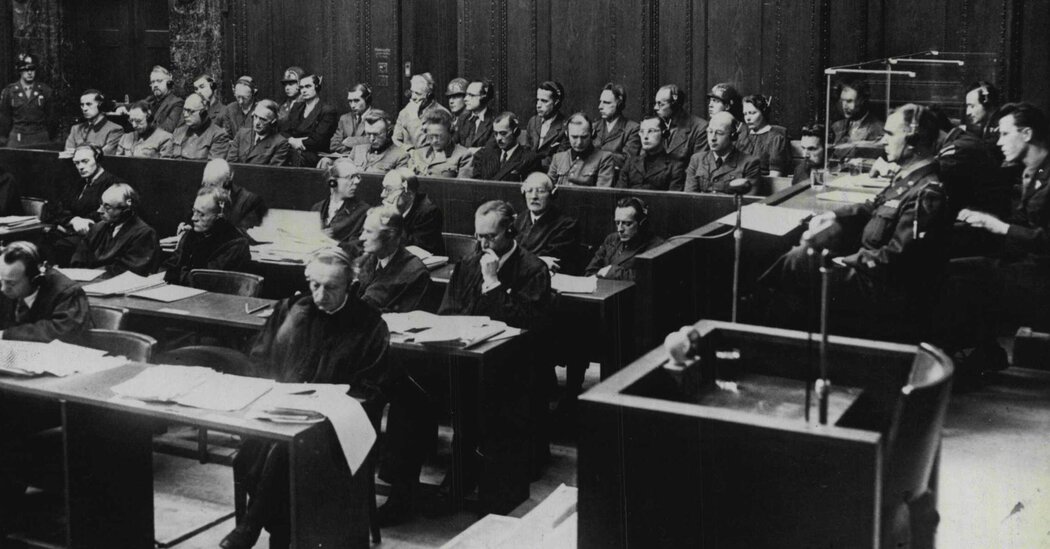The New England Journal of Medicine published an article condemning its own record during World War II.
A new article in the New England Journal of Medicine, one of the oldest and most esteemed publications for medical research, criticizes the journal for paying only “superficial and idiosyncratic attention” to the atrocities perpetrated in the name of medical science by the Nazis.
The journal was “an outlier in its sporadic coverage of the rise of Nazi Germany,” wrote the article’s authors, Allan Brandt and Joelle Abi-Rached, both medical historians at Harvard. Often, the journal simply ignored the Nazis’ medical depredations, such as the horrific experiments conducted on twins at Auschwitz, which were based largely on Adolf Hitler’s spurious “racial science.”
In contrast, two other leading science journals — Science and the Journal of the American Medical Association — covered the Nazis’ discriminatory policies throughout Hitler’s tenure, the historians noted. The New England journal did not publish an article “explicitly damning” the Nazis’ medical atrocities until 1949, four years after World War II ended.
The new article, published in this week’s issue of the journal, is part of a series started last year to address racism and other forms of prejudice in the medical establishment. Another recent article described the journal’s enthusiastic coverage of eugenics throughout the 1930s and ’40s.
“Learning from our past mistakes can help us going forward,” said the journal’s editor, Dr. Eric Rubin, an infectious disease expert at Harvard. “What can we do to ensure that we don’t fall into the same sorts of objectionable ideas in the future?”
In the publication’s archives, Dr. Abi-Rached discovered a paper endorsing Nazi medical practices: “Recent changes in German health insurance under the Hitler government,” a 1935 treatise written by Michael Davis, an influential figure in health care, and Gertrud Kroeger, a nurse from Germany. The article praised the Nazis’ emphasis on public health, which was infused with dubious ideas about Germans’ innate superiority.
